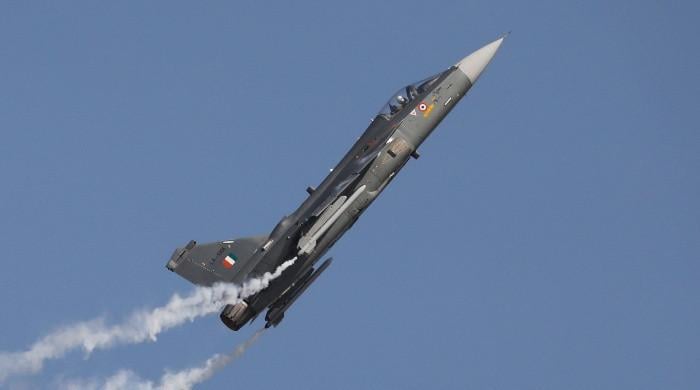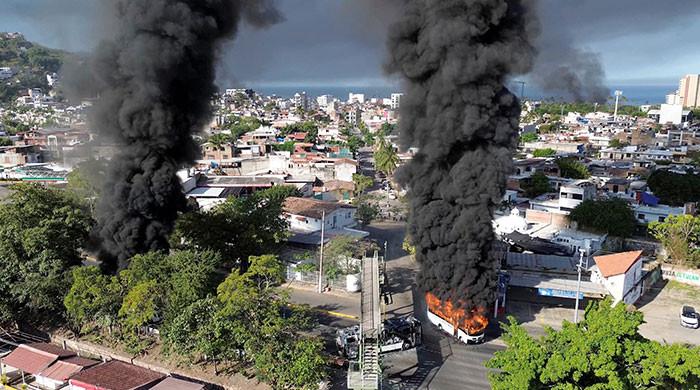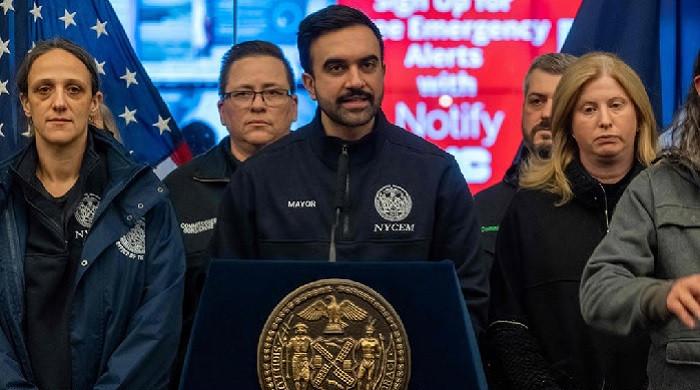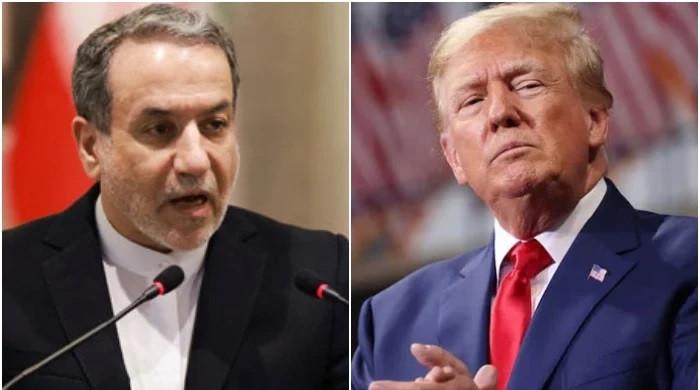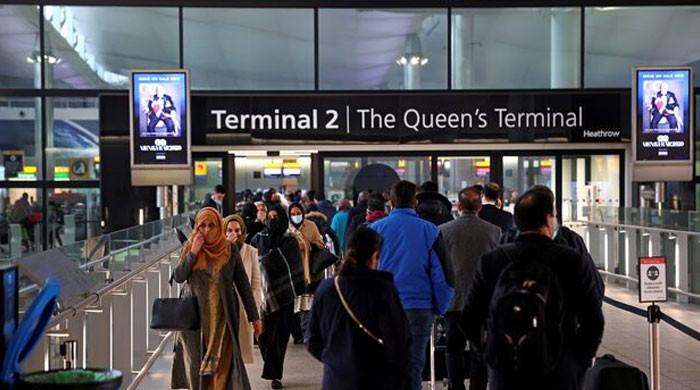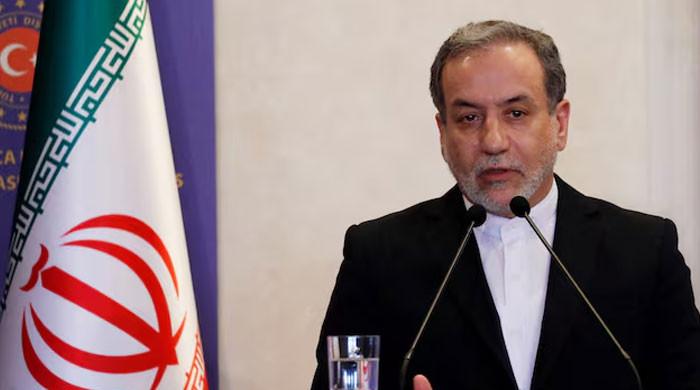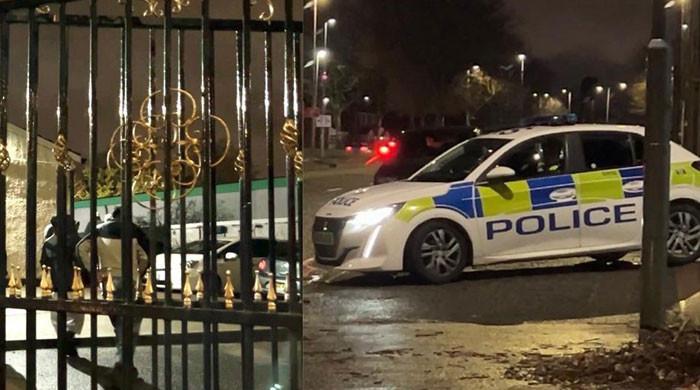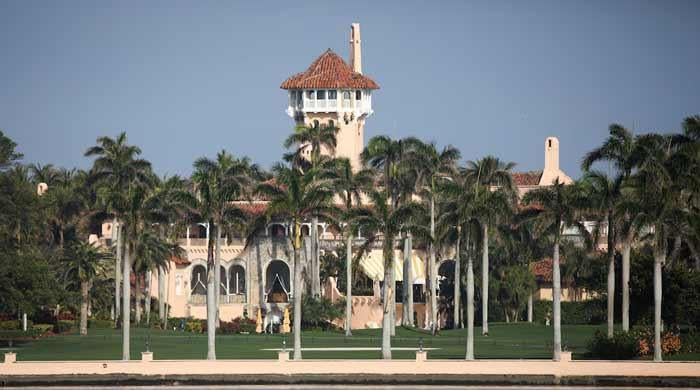Assassinating a scientist to bait Iran?
Can President Hassan Rouhani take measured steps and bring Joe Biden back to the same Iran deal?
December 02, 2020
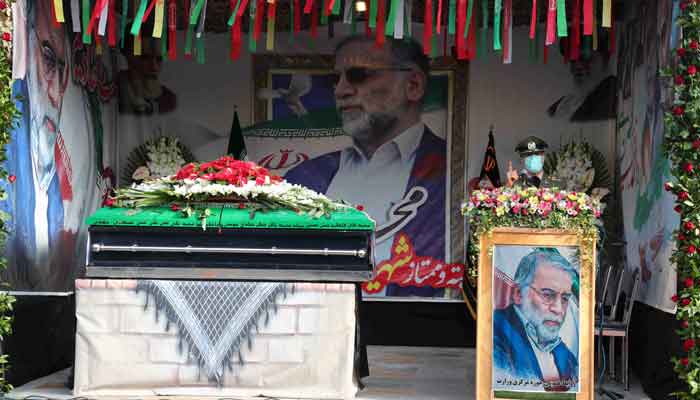
The assassination of Iranian scientist Mohsen Fakhrizadeh in Tehran has resulted in a potentially explosive situation in the region.
The physicist was head of the Iranian Defense Ministry’s Organization of Defensive Innovation and Research and a professor of physics at Imam Hossein University of Tehran. But for Washington and Tel Aviv, Fakhrizadeh was the man behind Iran’s nuclear weapons program. In fact, for the last one decade his name remained on the list of Iranian officials whose assets were frozen by Washington.
On Friday, a well-coordinated and sophisticatedly planned attempt on his life also came at a time when US President Donald J. Trump reportedly asked advisors if he had options to bomb Iranian nuclear sites, in the days to come.
So, no surprise that Iran has held Israel and the United States of American responsible for the brazen bomb and gun attack on the scientist. It has further vowed to take ‘harsh revenge’.
Read more: Iran to give 'calculated, decisive' response to killing of top nuclear scientist
But the question to ask here is that will such a retaliation serve the purpose or complicate the problem further?
Earlier, this year, the United States assassinated Qasem Soleimani, the commander of the Quds Force of the Islamic Revolution Guards Corps, along with Iraqi General Abu Mahdi Al-Muhandis, outside the Baghdad Airport.
Even then, Tehran issued warnings and threats but in the end it refrained from a proportionate response and only opted for a symbolic attack on US air bases in Iraq.
In an exclusive interview with this author, Eliot Engel, the outgoing chairman of the House Foreign Relations Committee in the US, termed that assassination ‘an ill-advised action’. Engel had warned President Trump that the United States has been involved in too many wars in the last twenty years. ‘I think it’s time to back off and not have a perpetual war,’ he told me.
Over in America, the Democrats are back in office and will not likely go for any rash decisions, but uncalculated vengeance from the Iranian side could jeopardize the stability in the region.
Read more: UAE denounces 'heinous killing' of top Iranian nuclear scientist
For the next two months US President-elect Joe Biden is expected to press the reset button when it comes to ties with Iran, as he promised during his campaign trail. In Biden’s own words: ‘I will offer Tehran a credible path back to diplomacy. If Iran returns to strict compliance with the nuclear deal, the United States would rejoin the agreement as a starting point for follow-on negotiations.’
Biden’s policy objectives are a 180 degree shift from that of the outgoing US President, who had unilaterally withdrawn from the Joint Comprehensive Plan of Action (JCPOA) in 2018. But as predicted by experts, President Trump’s strategy on Iran backfired. Tearing up the JCPOA and maximum economic pressure didn’t strangulate the nation. As a matter of fact, the opposite happened and Iran fought back with maximum resistance.
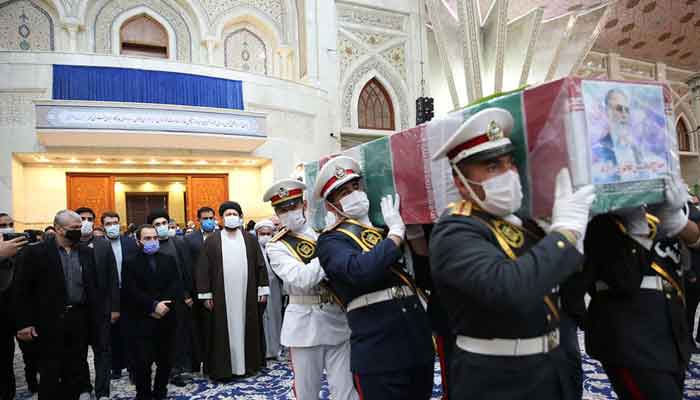
In the end, the United States was isolated from its European partners who negotiated the agreement. Moreover, to Washington’s displeasure, Moscow and Beijing became closer to Tehran.
However, while some expect Biden to rejoin the Iran nuclear deal, others believe Biden may not prove to be much different from his predecessor. In fact, when Biden was the vice president, during the Obama years, a record number of sanctions were imposed on Iran.
On the Middle Eastern front, Biden’s policy will likely remain the same. Regarding moving the US embassy to Jerusalem, he said recently: ‘Moving the embassy when we did without the conditions having been met was short-sighted and frivolous. But, now that is done, I would not move the embassy back to Tel Aviv.’
At the end of the day, much rests on how Iran reacts to the recent events. Can President Hassan Rouhani take measured steps and bring Joe Biden back to the same Iran deal?
Even gradual compliance by Iran at this point will reinvigorate the sanction-hit-economy that is devastated by the pandemic.




